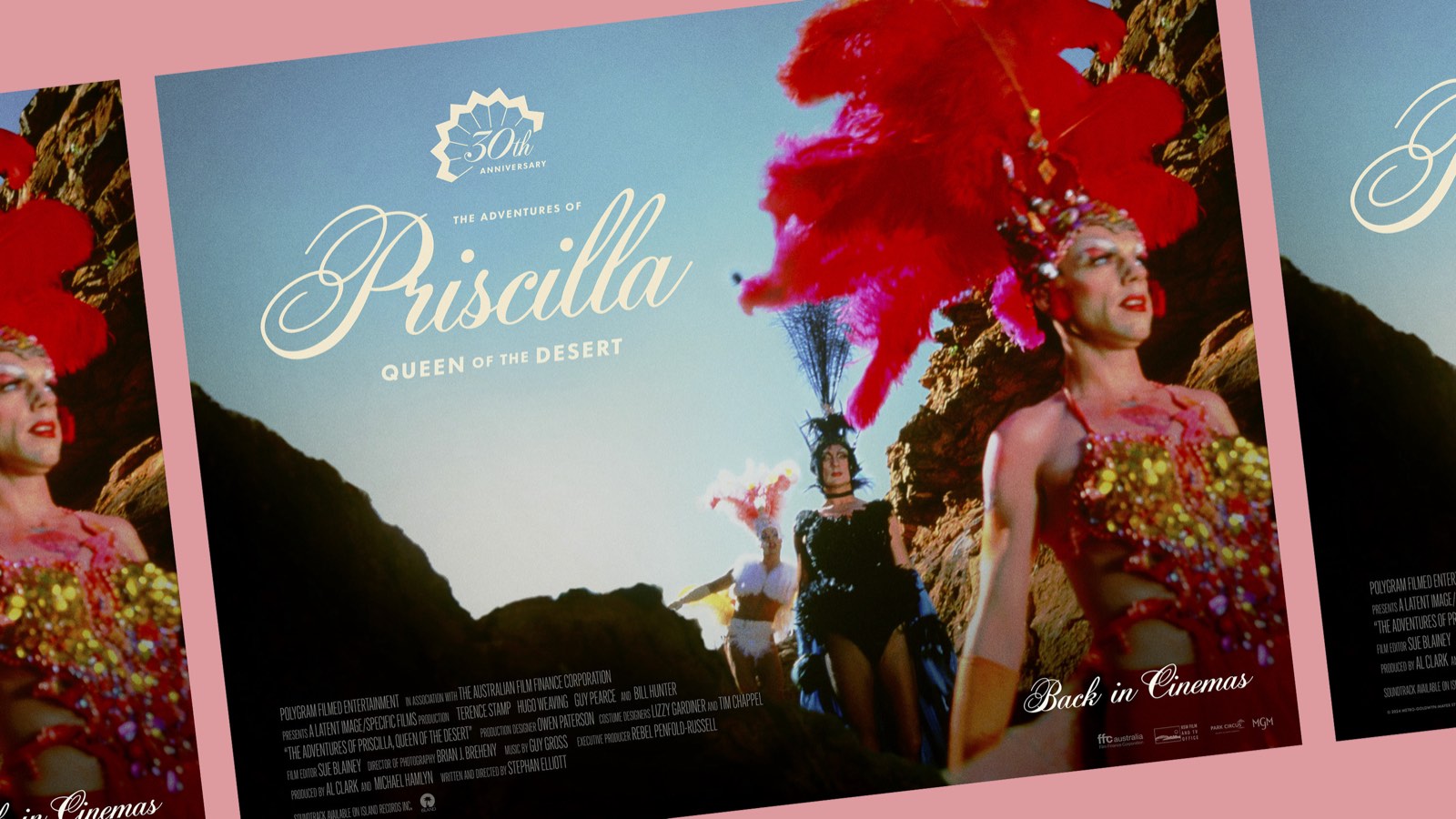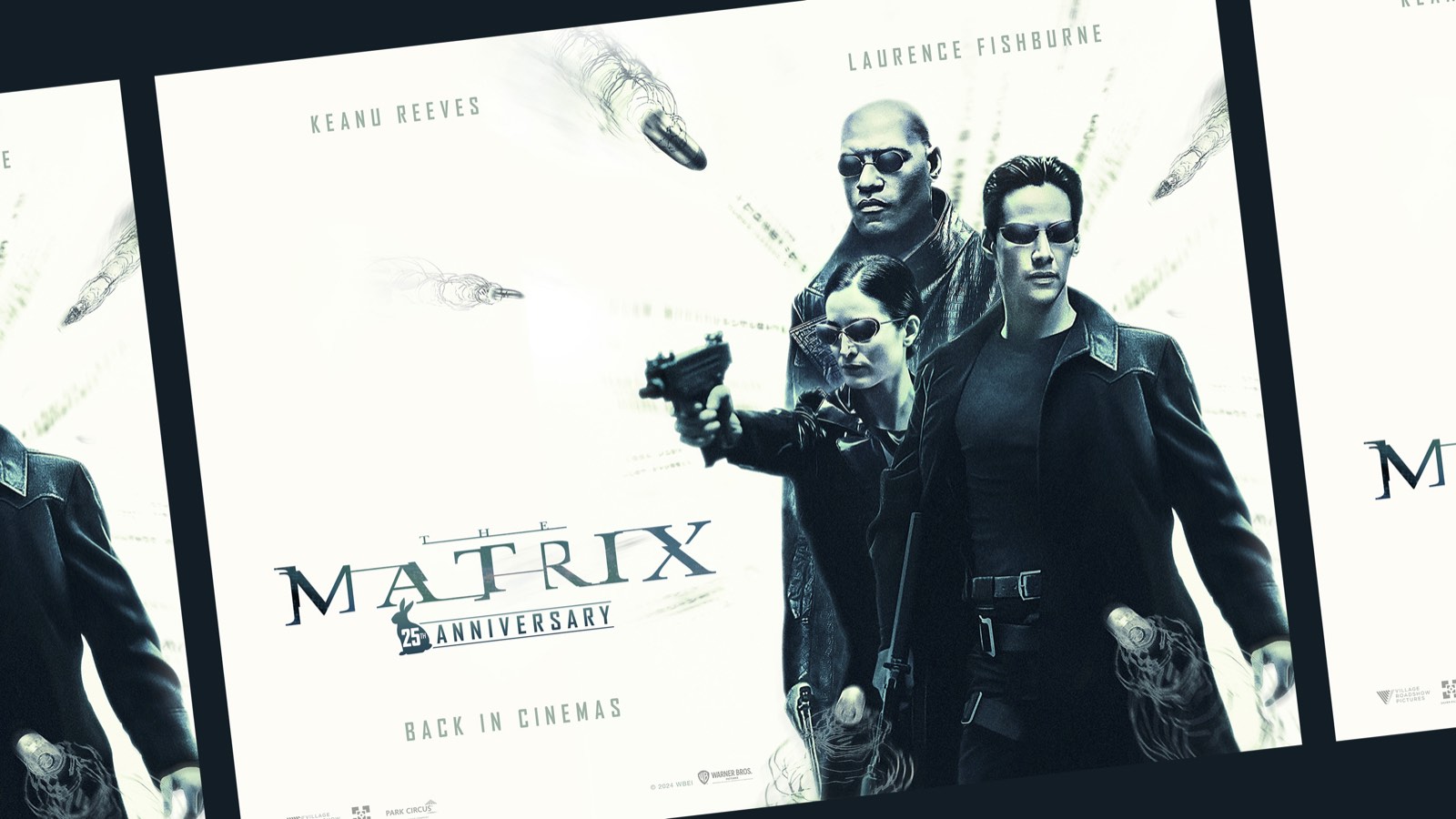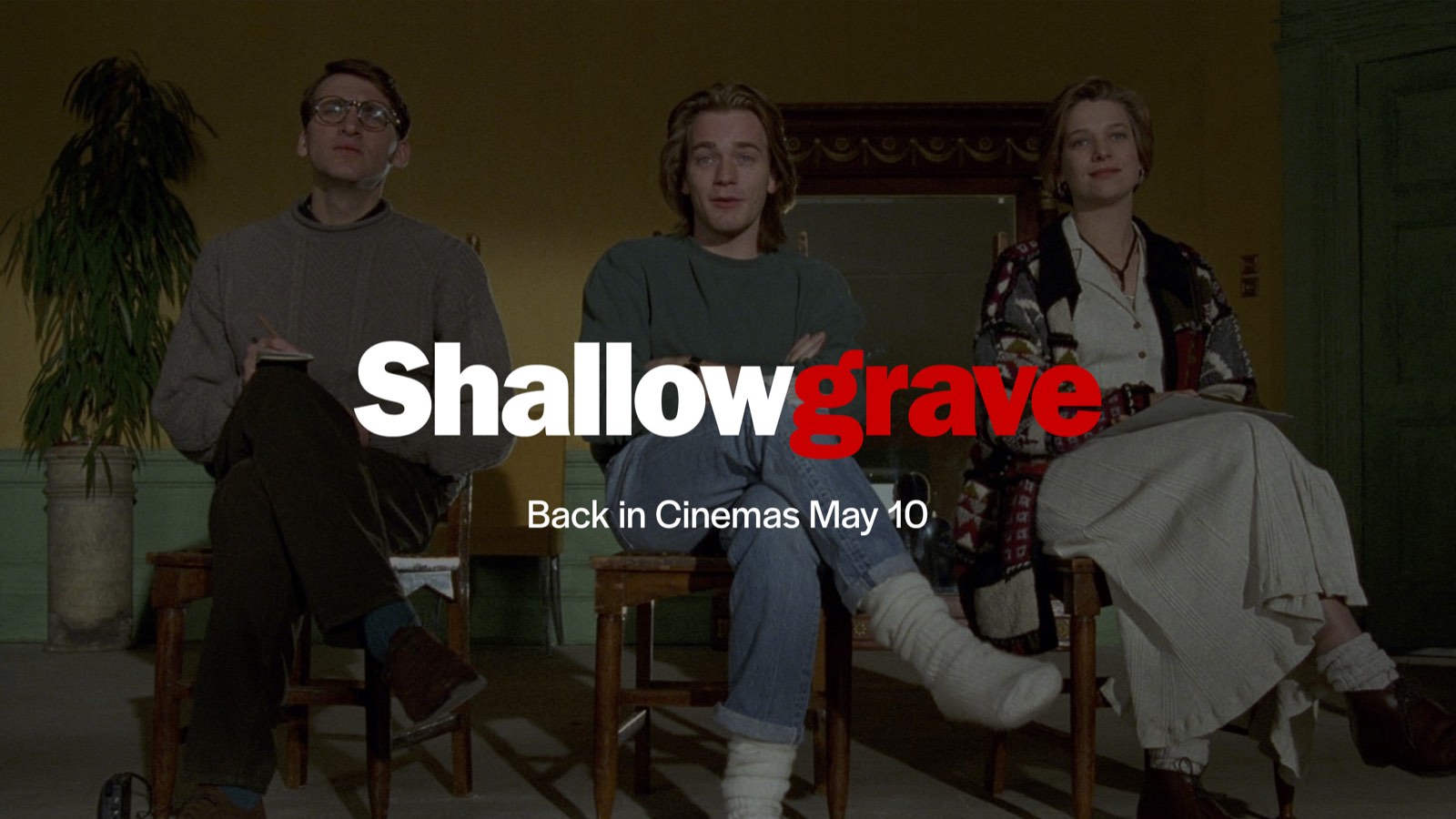
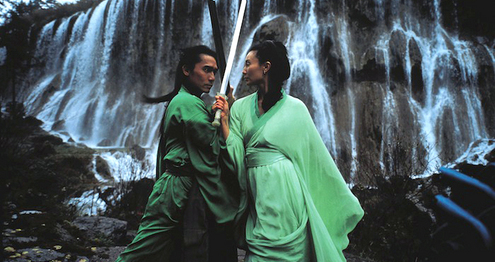
The commercial cinema of Mainland China is often defined by restriction, but we've featured some works below which directly tackle national history and contemporary society with style, passion and, in several cases, a wicked sense of humour. China's film industry has rapidly developed since the instigation of 'opening up' reforms, allowing Fifth Generation directors such as Tian Zhuangzhuang and Zhang Yimou increasingly wider canvases on which to paint visions that are often more politically complex than their frequently ravishing visuals suggest, whilst satirists like Feng Xiaogang have been able to skewer social trends under the guise of crowd-pleasing humour.
By using popular narrative forms, these directors have captured the attention of the domestic audience, while striking a chord with international cinemagoers. Running the gamut from madcap modernity to respectful period recreations to rough-hewn realism, these are films which reflect China's ever-changing landscape from feudal past to capitalist present.
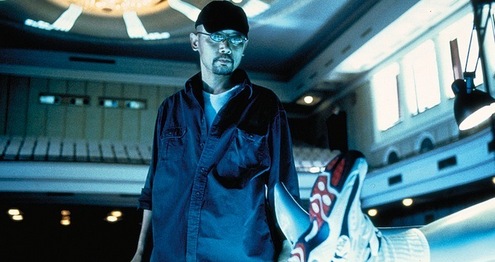
Big Shot's Funeral
Director Feng Xiaogang has been so successful in the comedy genre that the term 'Feng Comedy' has been coined to describe his brand of broad satire, which aims to entertain the popular audience by peppering farcical situations with sharp references to current social trends. Big Shot's Funeral - the tale of a n opportunistic cameraman trying to make a fortune by selling advertising space against the proposed public funeral of an American celebrity - is Feng Comedy at its best as the director revels in poking fun at the rapid commercialisation of China in the early 2000s.
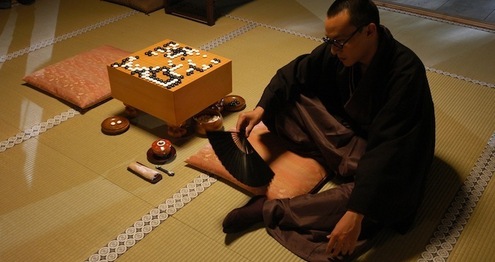
The Go Master
This handsomely mounted biopic from Fifth Generation figurehead Tian Zhuangzhuang covers the life of Wu Qingyuan, whose talent for Go (a board game for two players using black and white playing pieces) took him from his native China to Japan in 1928 at the age of 14. Tian celebrates the sanctuary that comes from Go as Wu uses his efforts to remain its undisputed champion as a means of escaping the complicated climate of the period. Yet politics refuse to be pushed to the periphery, as Tian skilfully notes how the significant moments of the player's remarkable career intersect with some of the most devastating events of the 1940s.
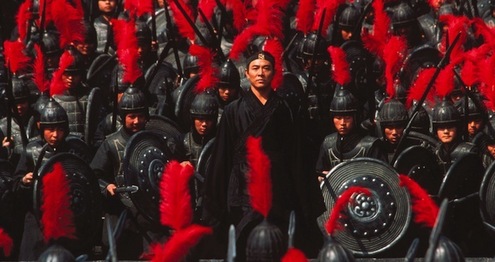
Hero
Hero is a sumptuous wuxia (martial hero) adventure which finds Zhang Yimou creating some of his most painterly compositions in collaboration with major stars (Jet Li, Tony Leung, Maggie Cheung) and renowned cinematographer Christopher Doyle, who provides an abundance of symbolic colour. Together, the cast and crew realise some dazzling displays of gravity-defying combat with each character being allocated a particular fighting style, while their moves are complemented by the block-busting and stick-tapping percussion of Tan Dun.
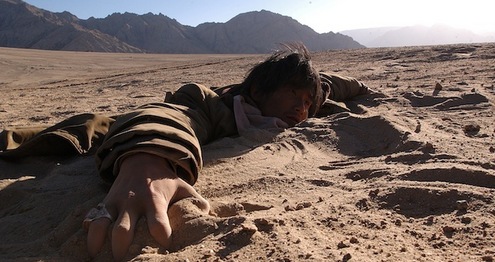
Kekexili: Mountain Patrol
Lu Chuan's second feature is a gripping adventure which finds the director making stunning use of his widescreen canvas as he follows the battle between poachers and vigilante rangers engaged in a dangerous game in Tibet's treacherous mountain region of Kekexili. The film had a major impact in China in terms of increasing general awareness of poaching and the potential extinction of an increasingly rare species of antelope, leading the government to pledge crucial support for wildlife protection in Tibet.
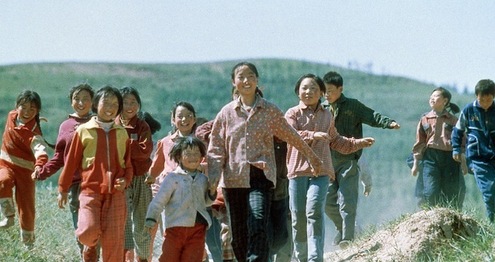
Not One Less
Not One Less, the story of a 13-year-old teacher who arrives in small village to substitute for its school's only instructor, addresses the issue of education reform in China. Using amateur actors whose roles reflect their real-life experiences, and adopting a neorealist style, director Zhang Yimou has crafted a moving commentary on the rural/urban divide. Much early discussion of the film revolved around whether Zhang was criticising the state or promoting its initiatives, but his ninth feature is now widely considered to be one of his most emotionally compelling works.
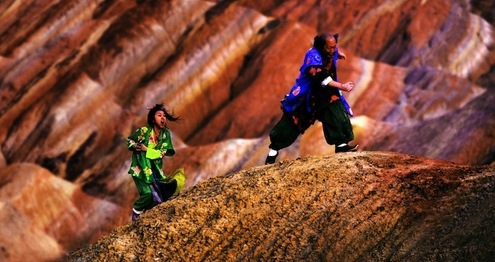
A Woman, a Gun and a Noodle Shop
A remake of , this slapstick thriller transposes the murderous events of the ' debut feature from 1980s Texas to 19th century China. Flamboyant in design and performance, A Woman, a Gun and a Noodle Shop transforms hard-boiled noir into fabulous farce, although the grisly elements of the original are maintained alongside its broader sense of humour. It's a true one-off in director Zhang Yimou's filmography, evidencing a previously unseen mischievousness as events move at a hectic pace through a feudal landscape depicted as a moral wasteland.
Heroes and Heroines of Hong Kong Action
The Glory Days of Golden Harvest
Download our Hong Kong and China brochure


